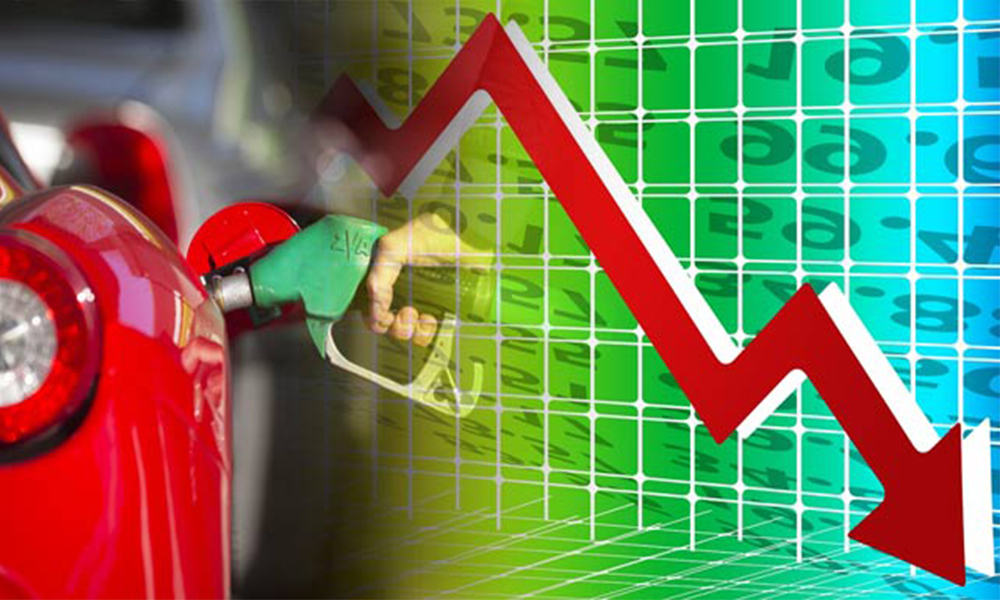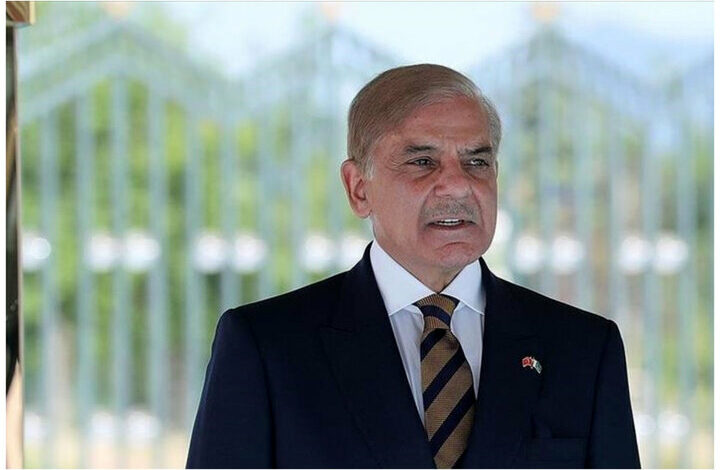Efficient policy adjustments and resource management are crucial for fostering economic expansion.
In order to address the country’s economic challenges, Prime Minister Shehbaz Sharif has urged for prompt and decisive measures. He emphasized a two-pronged strategy, which involves implementing policy reforms and effectively utilizing the nation’s abundant natural and agricultural resources. Through this comprehensive approach, the Prime Minister aims to guide the country towards economic revitalization.
As per the Prime Minister’s guidance, crucial objectives involve increasing the Tax-to-GDP ratio, controlling smuggling and electricity theft, and shielding public enterprises from losses by enhancing management and considering privatization. A key aspect of this plan is the enhancement of the Special Investment Facilitation Council (SIFC) initiatives, spearheaded by the PM, to expedite economic recovery. The council’s mission is to simplify investment procedures and create a favorable atmosphere for business expansion.
Additionally, the Prime Minister has tasked the Petroleum Division to increase gas exploration and production adhering to the rigorous standards set in the tight gas policy. This policy not only aims to boost domestic energy resources but also fosters investment in subsea oil and gas reserves, consequently stimulating economic growth and generating employment opportunities.
The significant contribution of the Special Investment Facilitation Council (SIFC) in supporting the Tight Gas Policy highlights the government’s dedication to offering enticing incentives for exploration and production enterprises. This, in turn, creates an environment that encourages sustainable economic growth.
A potential decrease in petrol prices in Pakistan might occur starting from March 16, as there has been a declining trend in the global market for petroleum

The federal government is preparing to unveil updated petrol and diesel prices for the latter half of March 2024, with a likely decrease anticipated. Sources indicate that petrol prices might lower by Rs5, resulting in a new rate of Rs274.61 per litre, while diesel could see a reduction of Rs4.81, amounting to Rs283.12 per litre. These adjusted prices are expected to commence on March 16, 2024.
This potential reduction in fuel prices aligns with a declining trend in the global market. Brent crude futures have witnessed a 0.4% decrease, reaching $81.82 per barrel, which is a positive sign for consumers in Pakistan.


